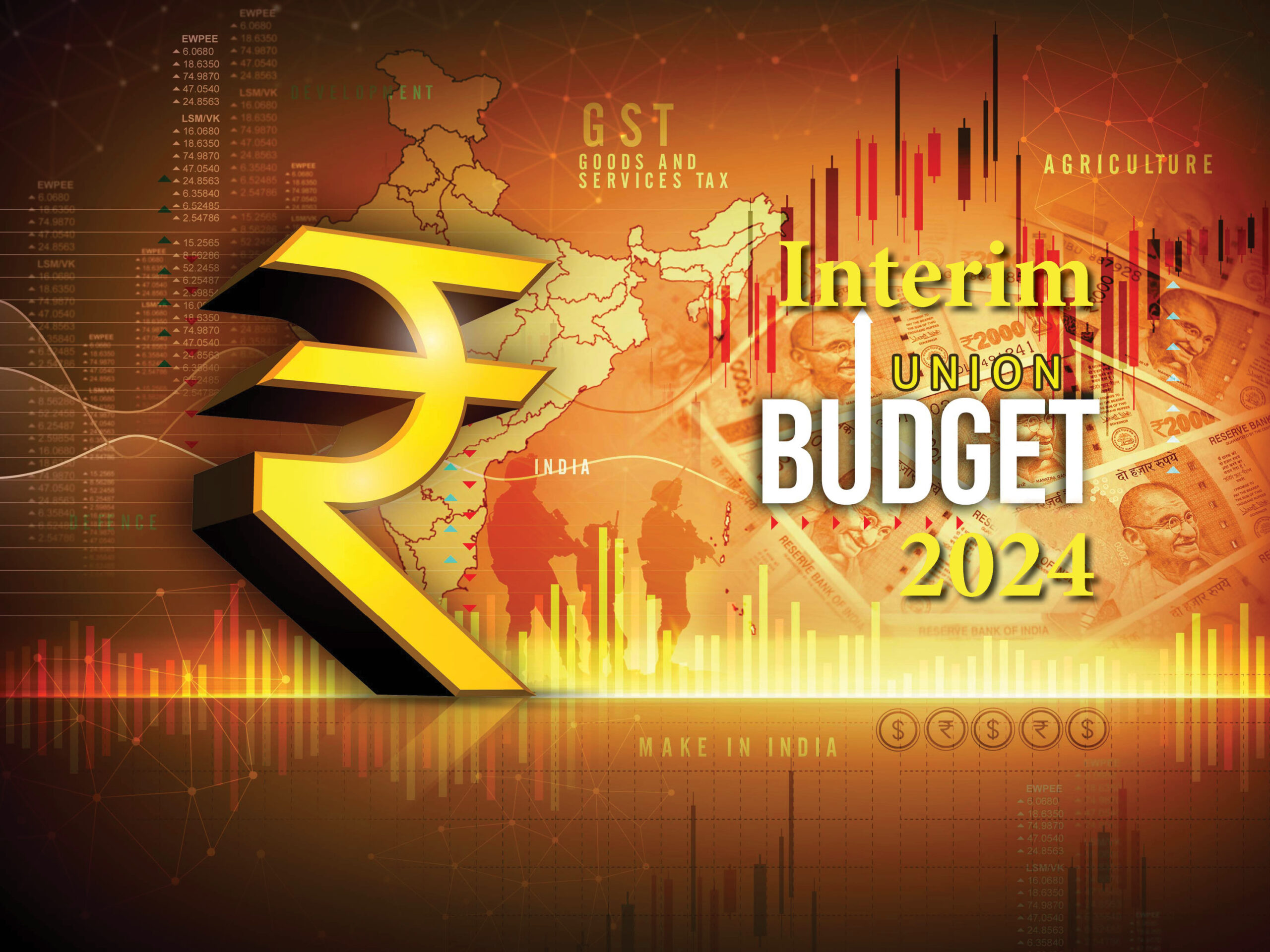Empowering Rural India
The standout feature of the Interim Budget 2024-25 was its adherence to fiscal discipline, exemplified by the decision to cap Fiscal Deficit for FY2024-25 at 5.1%. Notably, the government’s enhanced capital expenditure to a robust
Rs. 11.11 lakh crore lays the foundation for long-term economic growth.
While not immediately pandering to populist impulses, the budget allocates significantly to infrastructure development and provides incentives for rural housing, agriculture, and fisheries.
The strategic decisions to enhance incentives for rural populace, particularly women, are expected to have a lasting positive impact, enhancing sentiments over the long term. The extension of healthcare coverage under Ayushman Bharat to ASHA and Anganwadi workers, and expansion of the ‘Lakhpati Didi’ scheme’s target to 3 crore women are big positives this year, and will go a long way in empowering rural women and enhancing the quality of life in rural India, thereby ensuring sustained demand for branded consumer goods.

– Mohit Malhotra, Chief Executive Officer, Dabur India
Nurturing Indian Agriculture
The biggest takeaway for the agriculture sector from the Interim Budget 2024-25 is the strong focus to educate, equip, and empower Indian farmers to accelerate the positive transformation in India’s agrarian economy. A farmer-centric approach, as proposed by the finance minister, will help build a sustainable ecosystem.
The budget also underscores India’s commitment to becoming a global millet hub through key initiatives such as ‘Shree Anna’ and the vision of ‘Sahkar se Samriddhi’ that promises farmer welfare and nutrition.
The Agriculture Accelerator Fund for the rural youth and financial allocations for vital support for crop estimation, driven by a tech-focused strategy, further herald an era of increased productivity and profitability for the industry.

– Gaurav Manchanda, Founder & MD, The Organic World
A Farmer-Centric Budget
We extend our appreciation for the government’s unwavering support to our ‘Annadata’ through key budgetary initiatives. The direct financial assistance under the PM-KISAN SAMMAN Yojana and the extensive coverage of crop insurance through PM Fasal Bima Yojana underscore a commitment to the well-being of our 11.8 crore farmers, including marginal and small farmers. The integration of 1361 mandis into the Electronic National Agriculture Market, with a trading volume of Rs. 3 lakh crore, aligns with our mission to modernize agricultural practices and empower 1.8 crore farmers.
The budget’s emphasis on farmer-centric policies, income support, risk coverage, and technology promotion resonates with Madras Mandi’s commitment to fostering a sustainable agricultural ecosystem. We applaud initiatives like Pradhan Mantri Kisan Sampada Yojana and Pradhan Mantri Formalisation of Micro Food Processing Enterprises Yojana, contributing to value addition, employment generation, and the reduction of post-harvest losses.
Madras Mandi looks forward to actively participating in the government’s vision, leveraging private and public investment in post-harvest activities for aggregation, modern storage, efficient supply chains, primary and secondary processing, marketing, and branding. Together, we aim for inclusive, balanced, and higher growth in the agricultural sector.

– Prashant Vasan, CEO, Madras Mandi
Positive for Retail and E-commerce
The Budget reaffirms the government’s growth orientation amid a volatile global environment. The implied backdrop of stability and policy continuity remains a net positive for consumer facing sectors like retail and e-commerce in the long run.

– Zameer Malik, CEO, Kulsum’s Kaya Kalp
Subtle Income Tax Shifts to Boost Retail
While no major direct policy incentives were introduced for retail, income tax tweaks can improve sentiment and spending among urban middle income groups who form the core buying class for branded merchandise.

– Raghunandan Saraf, Founder and CEO, Saraf Furniture
Initiatives to Unleash Growth in Rural Markets
The budget’s focus on buoying rural consumption by raising agricultural credit limits and PM Kisan payouts can unlock major growth opportunities for ecommerce companies in tier 2/3 regions. More money with rural consumers may drive online purchases of goods beyond just necessities.

– Abhinav R Jain, CFO, AdCounty Media
Missed Opportunities
The interim budget speech glaringly missed the opportunity to extend supportive policies specifically around furthering digital infrastructure and online consumer adoption. This remains imperative for deepening ecommerce reach across India’s villages.

– Tejpal Singh Shekhawat, Founder & CEO, Kalyanam Furniture
Control on Commodity Prices is a Commendable Step
The Interim Budget 2024 points to the positive strides made by the government in managing the costs of essential raw materials such as oil, chocolate, sugar, and wheat. The control on commodity prices is a commendable step that fosters stability in the FMCG food market. In particular, I would like to bring back government’s focus on PLI in food processing sector, which will give encouragement to food companies like us to invest more capex and plan more greenfield projects. This initiative is pivotal for fostering growth and innovation within the FMCG industry.
Rationalizing IT slabs to give more disposable income in hand and hence more consumption by the large middle class may help not just Food Companies, FMCGs, but almost all consumption-led industries. We look forward to a budget that not only addresses current challenges but also propels the FMCG sector towards sustained growth and facilitates new investment.

– Saurabh Saith, CEO, Orion India



